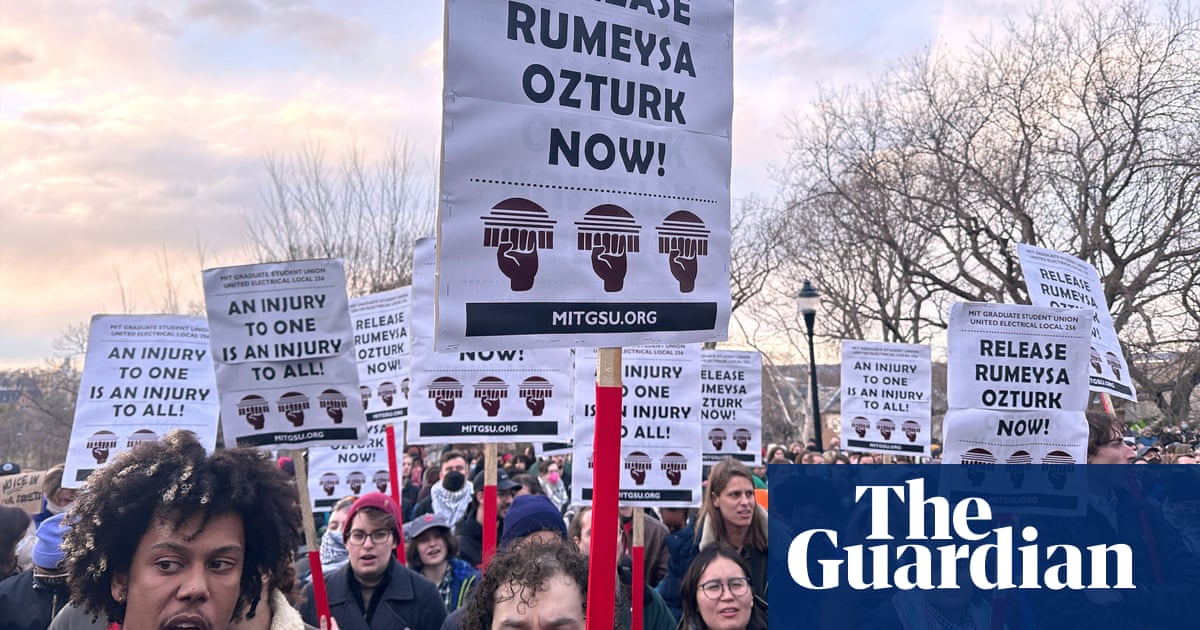Federal Judge Orders Transfer of Detained Tufts Student to Vermont Amid First Amendment Concerns
A judge ruled that Rumeysa Ozturk, detained by immigration officials, must be moved to Vermont to review her detention's legality.
Subscribe to unlock this story
We really don't like cutting you off, but you've reached your monthly limit. At just $5/month, subscriptions are how we keep this project going. Start your free 7-day trial today!
Get StartedHave an account? Sign in
Overview
U.S. District Judge William Sessions has ordered Tufts student Rumeysa Ozturk, detained for allegedly supporting Hamas, to be transferred from Louisiana to Vermont by May 1. Her case raises significant constitutional issues, with the judge acknowledging her claims of retaliatory detention for her pro-Palestine op-ed. The decision allows her ongoing legal proceedings to occur closer to her home and legal counsel, amid a broader scrutiny of immigration policies regarding students engaged in activism.
Report issue

Read both sides in 5 minutes each day
Analysis
- A federal judge has ordered that Rümeysa Öztürk, a Tufts University doctoral student, be transferred from an immigration detention center in Louisiana to Vermont to hear allegations of her illegal detention and violations of constitutional rights.
- Öztürk, who was detained after co-authoring an op-ed criticizing her university's stance on the Israeli-Palestinian conflict, claims that her detention violated her free speech and due process rights, with her lawyers challenging the government's lack of evidence against her.
- The ruling raises significant constitutional concerns about the handling of international students and the potential retaliation against political speech, amidst broader immigration policies that critics assert target dissenting voices.
Articles (6)
Center (2)
FAQ
Judge Sessions ordered the transfer to allow Rumeysa Ozturk's ongoing legal proceedings to take place closer to her home and legal counsel and acknowledged significant constitutional issues including claims that her detention was retaliatory due to her pro-Palestine op-ed, implicating First Amendment concerns.
The First Amendment protects individuals from government retaliation based on their speech, including immigrant activists detained for their activism. Courts have recognized that immigration detention often involves retaliation against speech critical of government policies, which raises constitutional issues regarding free expression rights even in the immigration context.
Immigrant detainees face legal and structural hurdles in asserting First Amendment protections, as immigration law often allows federal officials to retaliate against speech under certain standards, making it difficult to challenge retaliatory detention or deportation despite constitutional protections.
Her case highlights increased scrutiny of immigration policies related to students and activists, raising awareness of retaliatory detention based on protected speech, and underscores the need for legal protections ensuring immigrant activists can engage in advocacy without fear of unlawful detention or deportation.
History
- This story does not have any previous versions.





